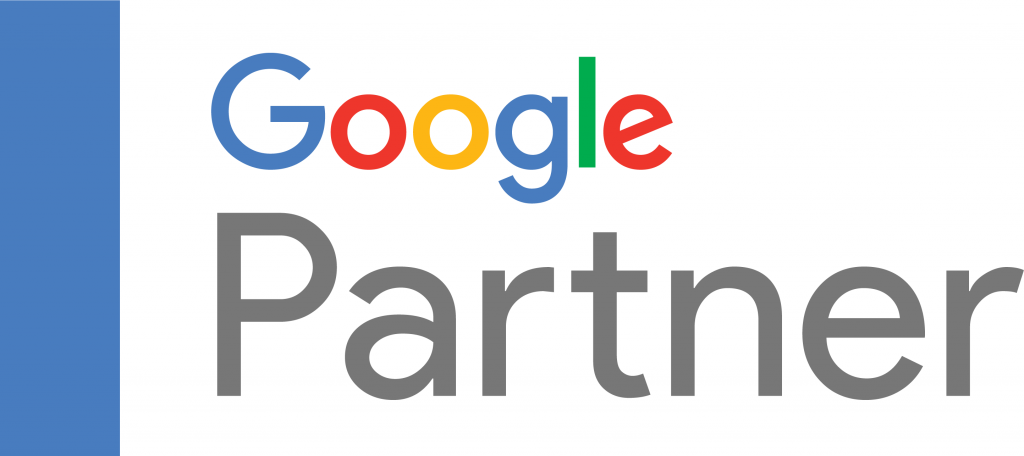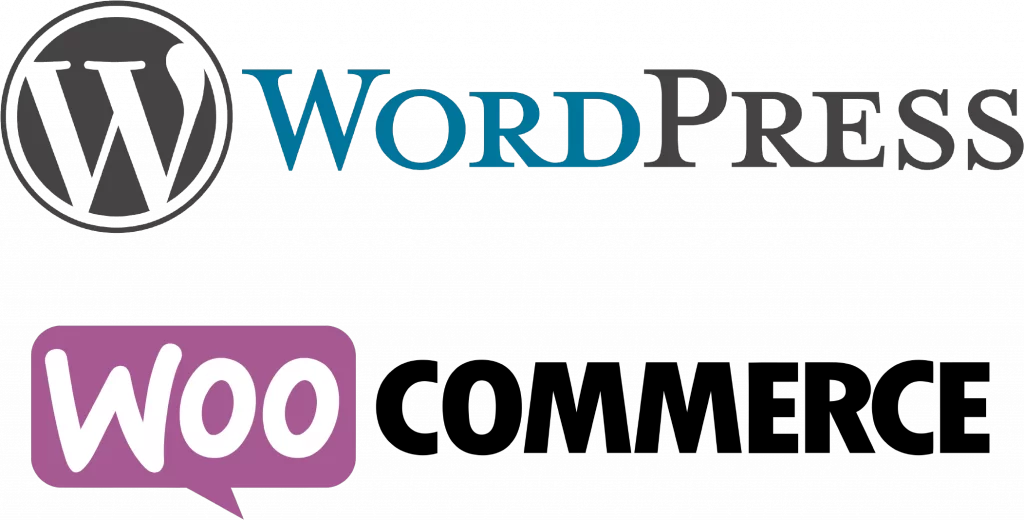Choosing a CMS is an extremely important decision that can affect the operations of both your website and your business. Often, business owners are stuck between two content management systems and find it hard to make that final decision between the two.
Following on from the blog post How To Choose A CMS (Content Management System) we decided to delve deeper into two different popular content management systems that business owners frequently find themselves stuck between, Joomla and WordPress. To further distinguish the two we compare them on 6 different features: search engine optimisation capabilities, security, customisation, content management, pricing and support.
WordPress
WordPress, is a free and open source content management system. WordPress dominates majority of the web, popular due to it’s ease of use. WordPress was created with the aim of allowing anyone, whether that be a start up blogger or a well established business, to create a website in seconds, regardless of their technical knowledge.
Joomla
Joomla is also a free and open source content management system. Joomla’s primary focus is on usability and extensibility, enabling users to generate dynamic and robust sites that can have a variety of applications, whether that be for blogging, corporate websites, social networks or e-commerce websites.

As a whole WordPress is most commonly known for its simple websites and blogging capabilities, while joomla is renowned for its complexity. A site built with Joomla can typically evolve into anything that it wants to be but the learning curve for Joomla is much steeper, especially for users that have no experience in web development.
1. Search engine optimisation
The SEO capabilities of a CMS are crucial for maximising your online visibility. If you operate a website that relies on organic traffic to succeed, make sure that the CMS you’re choosing aligns with the SEO capabilities that you need.
- WordPress has powerful SEO capabilities, enabling users to conduct a range of different SEO activities. These SEO capabilities require plugins such as the Yoast SEO plugin, which gives users complete control over every aspect of their SEO. The plugin, like WordPress itself, is incredibly easy to use. For more information on the Yoast SEO plugin you can check out some of our previous blog posts, including: Yoast SEO: An Introductory Guide to the SEO Plugin and Yoast 2.0: A Detailed Look into the WordPress Plugin.

- Joomla also has powerful SEO capabilities, enabling users to conduct a range of different SEO activities from URL rewrites to metadata rewrites. Joomla has extensive SEO capabilities however these SEO changes are harder to implement, particularly for those who aren’t familiar with Joomla. Based on the difficulty of conducting SEO changes alone Joomla is less SEO friendly than WordPress.
2. Security
- WordPress has previously got a bad rap when it comes to security. This is due to the fact that it’s impossible to make sure that all plugins use the correct safety standards. Seeing as WordPress has thousands of different plugins, WordPress is considered less secure than Joomla. In addition to this, WordPress does not enforce an SSL connection on its dashboard.
- Joomla is considered a pretty secure CMS. The core Joomla code is secure, however it relied on users being able to configure and implement the system correctly, which is not automatically done by Joomla. In addition to have a secure core code, Joomla provides an option to force connections over SSL and 2FA, and offers its own set of security extensions. Therefore, Joomla wins the battle of security.
3. Customisation
- Both content management systems have high customisation capabilities.
- WordPress has a range of high quality themes and plugins that can easily be customised, however these customisation capabilities are limited.
- So, while WordPress is easier to use, Joomla has greater customisation capabilities. The only downfall is that Joomla is harder to use. But if you’re a fairly technical person, you should be able to customise your Joomla website like a pro with time and practice.
4. Content management
- WordPress is renowned for its content publishing ability, allowing users to manage content and create posts within minutes.
- Joomla has the same capabilities, but the process is more difficult.
5. Pricing
- The software for both Joomla and WordPress is free however there are charges for premium templates and extensions for both. Aside from this it’s considerably more likely that you will need to engage with a web developer when using Joomla which will cost additional fees, but this depends on your technical capabilities and the features that you desire for your website.
6. Support
- With WordPress being so popular it has built one of the largest online communities in existence, resulting in there being an abundance of online support for WordPress users. There are a range of different official support forums, blogs and videos around WordPress, meaning that often help is only just a click away.

- While the community for Joomla is not as big as WordPress it is one of the largest open source content management systems on the web meaning it also has a good support structure in place. This support primarily consists of the official help portal where users can ask questions and receive technical support.

Before making your final decision on which CMS to use make sure to define your CMS needs, do your research and utilise product demos. We hope that our blog has shed some light on the differences between Joomla and WordPress, enabling you to see which is better suited for your business.
Joomla is an incredibly customisable system that can take any shape that you want. Enabling you to make small customisations without relying on extensions.
However WordPress is simple to pick up for new users and its popularity provides users with better support structure.
In the end, the decision is up to you and your business. The decision should be based solely on the requirements of your business and the capabilities of your team.












